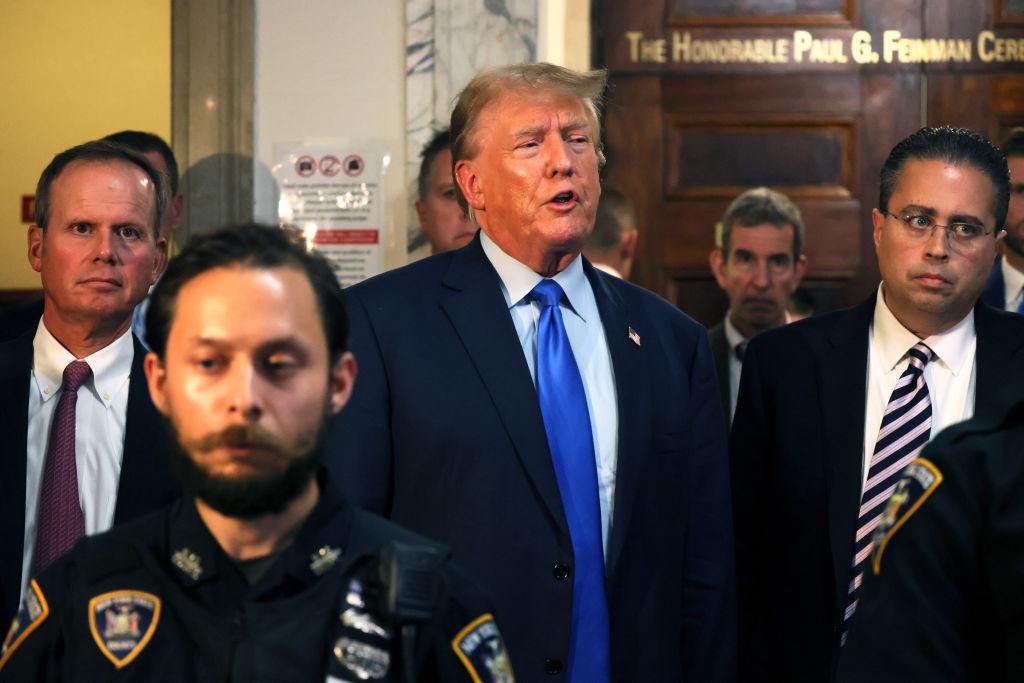A New York appeals court rejected former President Donald Trump’s challenge to a gag order on Dec. 14, a day after testimony ended in the civil fraud case brought by the New York attorney general against the former president and his Trump Organization.
President Trump’s attorneys had opened an Article 78 proceeding accusing the judge of acting unlawfully and had asked for a writ of prohibition, which the appellate division panel denied largely based on improper procedure. New York Supreme Court Justice Arthur Engoron had issued the order on Oct. 3, the second day of the trial, which prohibited President Trump, and later his attorneys, from making statements about the judge’s staff.





